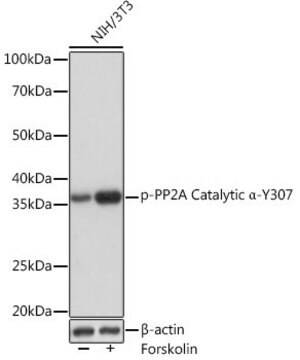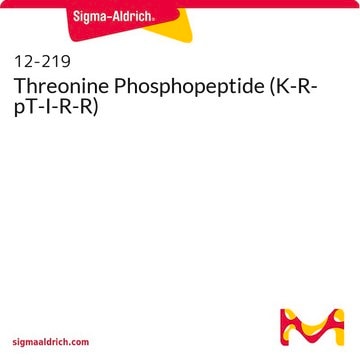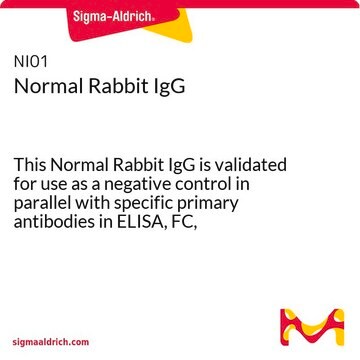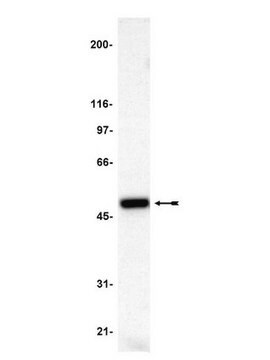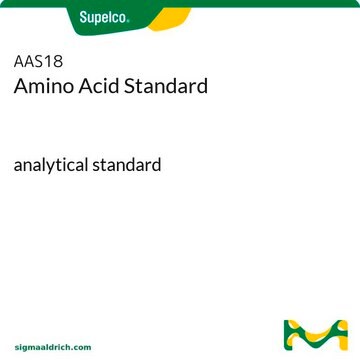06-222
Anti-PP2A Antibody, C subunit
serum, Upstate®
About This Item
Productos recomendados
biological source
rabbit
Quality Level
antibody form
serum
antibody product type
primary antibodies
clone
polyclonal
species reactivity
mouse, human, rabbit, rat
manufacturer/tradename
Upstate®
technique(s)
immunoprecipitation (IP): suitable
western blot: suitable
isotype
IgG
NCBI accession no.
shipped in
dry ice
target post-translational modification
unmodified
Gene Information
human ... PPP2CA(5515)
Specificity
Immunogen
Application
Signaling
Neuroscience
Neurotransmitters & Receptors
Neurodegenerative Diseases
Quality
Target description
Physical form
Storage and Stability
Analysis Note
Positive Control Included: Non-Stim A431 Cell Lysate (12-301). Other controls: HeLa whole cel lysate, mouse NIH3T3 cells
Legal Information
Disclaimer
¿No encuentra el producto adecuado?
Pruebe nuestro Herramienta de selección de productos.
Storage Class
12 - Non Combustible Liquids
wgk_germany
WGK 2
flash_point_f
Not applicable
flash_point_c
Not applicable
Certificados de análisis (COA)
Busque Certificados de análisis (COA) introduciendo el número de lote del producto. Los números de lote se encuentran en la etiqueta del producto después de las palabras «Lot» o «Batch»
¿Ya tiene este producto?
Encuentre la documentación para los productos que ha comprado recientemente en la Biblioteca de documentos.
Nuestro equipo de científicos tiene experiencia en todas las áreas de investigación: Ciencias de la vida, Ciencia de los materiales, Síntesis química, Cromatografía, Analítica y muchas otras.
Póngase en contacto con el Servicio técnico